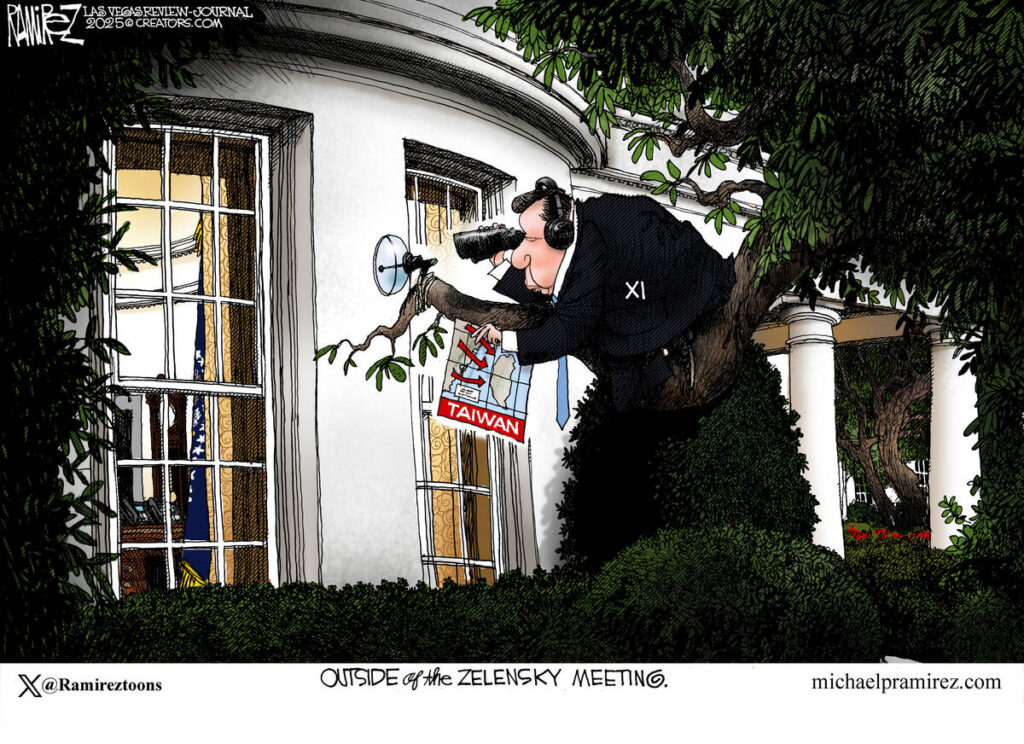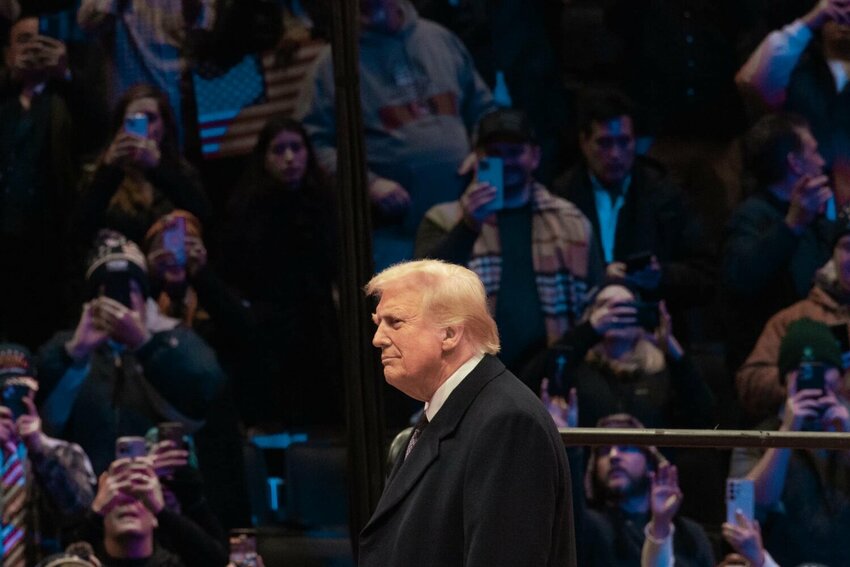
The ongoing conflict in Ukraine has drawn significant attention from global powers, particularly China, which is closely monitoring the situation’s implications for international trade. Since the onset of the war in February 2022, geopolitical tensions have escalated, prompting China to reassess its economic strategies and diplomatic relations. This scrutiny comes as countries like the United States and members of the European Union impose sanctions on Russia, which in turn affects global supply chains and commodity markets.
China’s Strategic Observations
China’s leadership is acutely aware of the ripple effects stemming from the Ukraine crisis. As the conflict disrupts traditional trade routes and energy supplies, China has been evaluating how these changes could benefit its own economic ambitions. The Chinese government is reportedly considering adjustments to its foreign policy and trade agreements to safeguard its interests in a shifting global landscape.
Recent data from the World Trade Organization indicates that trade flows between China and Russia have experienced fluctuations since the beginning of the war. In 2023, bilateral trade reached approximately $160 billion, reflecting a complex relationship that China is keen to maintain while navigating Western sanctions against Russia.
Furthermore, Chinese officials are particularly focused on how the conflict has affected energy prices. The price of oil and gas has surged, prompting China to explore new energy partnerships, particularly with Russia, to ensure stable supplies. Analysts suggest that this could lead to a more profound alignment between the two nations, as both face pressure from Western nations.
Implications for Global Trade
The consequences of the conflict extend beyond Europe, affecting global markets and supply chains. The war has led to increased prices for essential commodities, including grain and energy. China, being one of the largest importers of these goods, feels the pressure to adapt. In March 2024, it was reported that China’s imports of grain from Ukraine fell sharply, impacting its food security strategy.
As nations adjust their foreign policies in response to the Ukraine conflict, China’s approach may become increasingly significant. The Chinese government is also likely to leverage its economic strength to position itself as a key player in mediating future conflicts and fostering stability in international trade.
In summary, China is not just a passive observer of the situation in Ukraine. Rather, it is actively analyzing the implications and adjusting its strategies accordingly. As the conflict continues to evolve, China’s actions will be pivotal in shaping the future of global trade and diplomacy.







